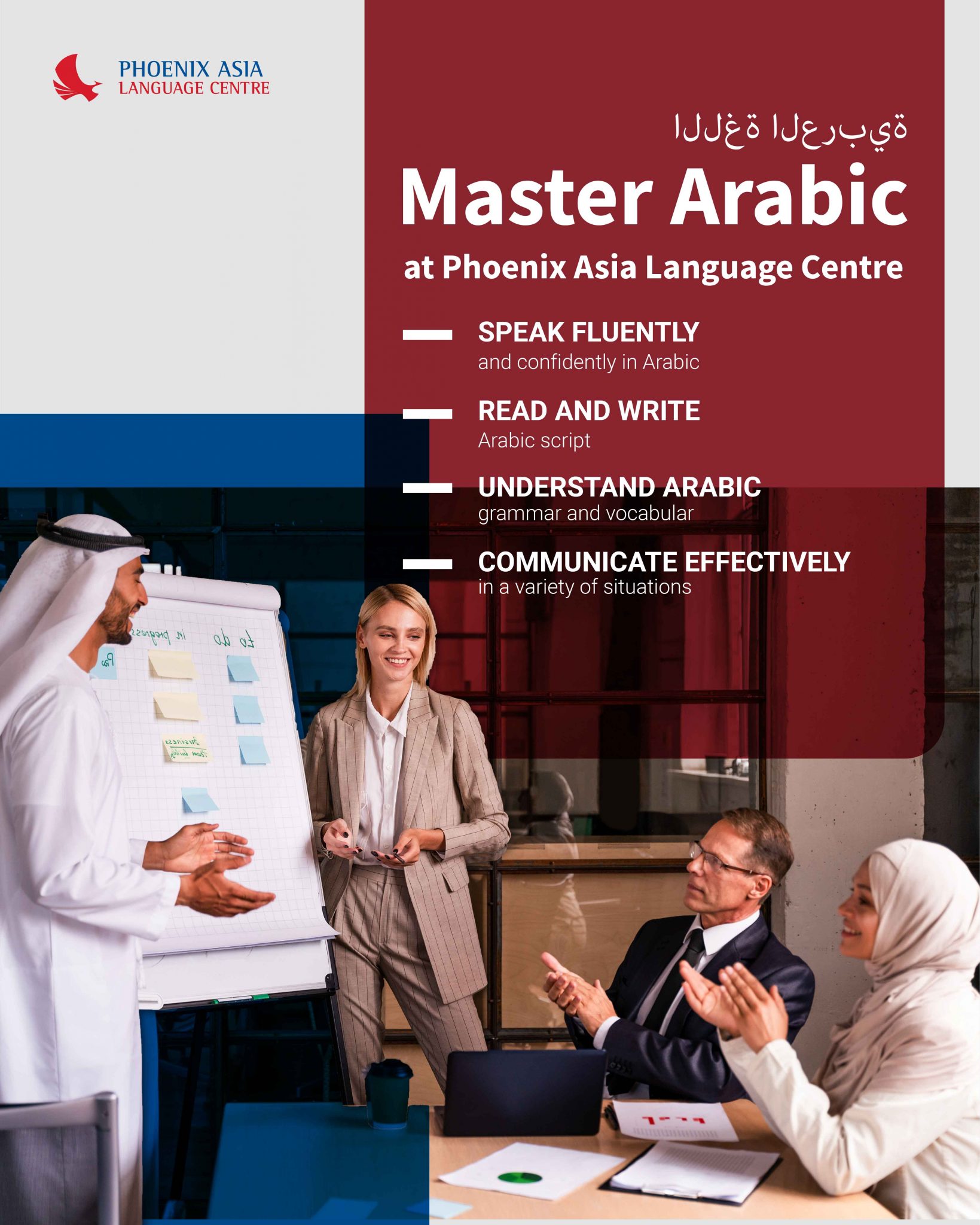| WEEK | READING | WRITING | LISTENING | SPEAKING |
| Week 1 | - Students can understand short, simple texts (e.g. signs and notices in public places, such as streets, restaurants and bus/ railway stations and airports)
| - Students can understand and fill in forms providing simple details
| - Students can understand short recordings dealing with everyday needs (e.g. simple transactions in shops, simple directions or instructions).
| - Students can participate in short social exchanges (e.g. greet people, make and respond to invitations, apologies).
|
| Week 2 | - Students can understand authentic texts on familiar topics and situations (e.g. newspaper/magazine articles, email messages, blogs and letters).
| - Students can communicate simple factual information in writing using everyday vocabulary and expression
| - Students can understand factual information and ideas from a range of sources (e.g. announcements, phone messages, news items, interviews, dialogues) on familiar topics.
| - Students can communicate on familiar topics to meet simple needs (e.g. order food and drink, simple transactions in shops, use public transport, ask and give directions, request information).
|
| Week 3 | - Students can understand descriptions of events, opinions, emotions, hopes and ambitions in simple texts (e.g. in articles, interviews or personal messages).
| - Students can write a series of simple phrases and sentences linked with simple connectors, relating to personal life, immediate environment and everyday topics (e.g. writing about a holiday).
| - Students can understand descriptions of events, opinions, emotions, hopes and ambitions in simple texts (e.g. in radio broadcasts, interviews, dialogues).
| - Students can participate in unprepared conversations on familiar topics of personal interest or relevant to everyday life (e.g. family, friends, home environment, hobbies and interests, education, work, travel).
|
| Week 4 | - Students can identify main points, specific information and details in predictable texts (e.g. advertisements, brochures, menus, timetables, instructions, messages)
| - Students can write simple connected texts (e.g. email messages, articles) on familiar topics (e.g. plans and arrangements, likes and dislikes, family, home environment, hobbies and interests, education, work and travel)
| - Students can identify main points, specific information and details on everyday topics (e.g. personal and family information, shopping, local area, employment, school, leisure activities).
| - Students can describe past events and experiences, hopes and ambitions and give brief reasons for opinions and plans.
|
| Week 5 | - Students can identify main points, themes and opinions in predictable texts (e.g. newspaper/ magazine articles, simple plots of films or books).
| - Students can describe past events and experiences, opinions, hopes and ambitions and give brief reasons for opinions and plans.
| - Students can identify main points, specific information and details on everyday topics (e.g. personal and family information, shopping, local area, employment, school, leisure activities).
| - Students can communicate with reasonable accuracy, using a range of structures, tenses and vocabulary relevant to the given situation.
|
| Week 6 | - Students can match pictures to a text after reading, though vocabulary has to be pre-taught.
| - Students can communicate with reasonable accuracy, using a range of structures, tenses/time frames and vocabulary relevant to the given situation
| - Students can deduce the meaning of occasional unknown words and expressions from the context.
| - Students can use simple connectors (e.g. and, but, because, then) to link a series of shorter discrete elements into a connected sequence of points.
|
| Week 7 | - Students can identify the specific information required, although they may have to read the text again.
| - Students can use simple connectors (e.g. and, but, because, then) to link a series of shorter discrete elements into a connected sequence of points
| - Students can understand descriptions of hopes and ambitions in simple texts (e.g. in radio broadcasts, interviews, dialogues).
| - Students can exchange ideas, and express their personal opinions on familiar topics, and can participate in short social exchanges, and ask questions related to the social activity.
- Students can use appropriate strategies to maintain interaction.
|
| Week 8 | - Students can deduce the meaning of occasional unknown words and expressions from the context
| - Students can match statements to pictures after reading, though vocabulary has to be pre-taught.
| - Students can follow a spoken text and identify the specific information required, though repetition may be required.
- They can also listen to a spoken text and put events into the correct order with some degree of accuracy.
| - Students can use features of pronunciation and intonation to convey meaning and attitude.
|
| Week 9 | - Students can understand a short text that employs family themes, and find the specific information required, though re-reading is required.
| - Students can use and form questions with some degree of accuracy.
- Students can punctuate and lay out a short simple text with a good degree of accuracy.
| - Students are able to understand a spoken text and complete the sentences, though repetition may be required.
- Students are also able to understand a text and answer the questions with a good degree of accuracy
| - Students can express their opinion with some degree of clarity when talking about a general issues / topic briefed on before.
|
| Week 10 | - Students build their vocabulary to describe family members.
- They are also able to put events in a short text into the correct order, albeit with some hesitancy.
| - Students can use the future simple to make predictions, offers and decisions with a good degree of control.
- Students can link words more effectively.
| - Students can hear how intonation outlines the purpose of a question.
- Students can process the information in a spoken text more quickly and can evaluate statements as being true or false with a good degree of accuracy.
| - Students can discuss, and express their opinions about jobs and careers around the world.
- They can describe job satisfaction in detail using new vocabulary and structures more effectively.
|
| Week 11 | - Students can match statements to pictures quite accurately and can predict the context with some degree of accuracy.
| - Students can use the present tenses more accurately and can become more familiar with state and action verbs, though there is still some confusion regarding verbs that can be both.
- They also have a greater degree of control over the past tenses and can combine them, when speaking and writing, with more accuracy
| - Students can understand the spoken text quite well and match the information to the pictures with a good degree of accuracy.
- They are able to understand the text in general and can answer the questions, though repetition is required because of the speaker’s accent.
| - They are able to participate in a conversation focusing on plans and intentions with a good degree of accuracy.
- They are also able to make predictions, offers and decisions more grammatically accurately.
|
| Week 12 | - Students learn how to guess from context and can answer vocabulary with a fair degree of accuracy.
- Students can follow textual context and answer the question quite accurately.
| - Students can produce a short cohesive text on a given subject related to communication using a template and pre-learned structures and phrases.
- They are able to express their opinions more clearly whilst maintaining a good degree of grammatical control.
| - Students can follow the spoken text and identify the specific information required, although repetition is necessary.
- They are also able to listen for detail with more accuracy.
| - Students are able to discuss hobbies or interests that they know.
- Students can ask and answer questions more confidently.
- They are able to ask for /provide information and describe their hobby or interest personally and give some details about them using new vocabulary.
|

